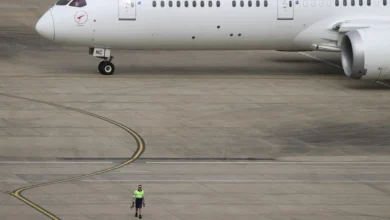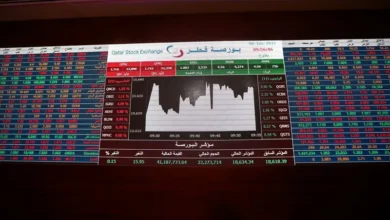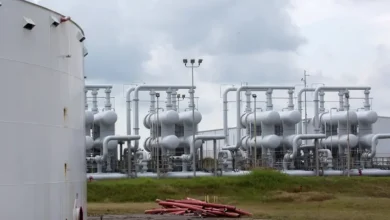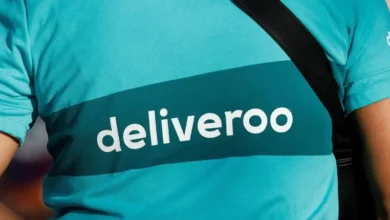Toyota, Daimler Truck merge truck manufacturing subsidiaries to boost margins
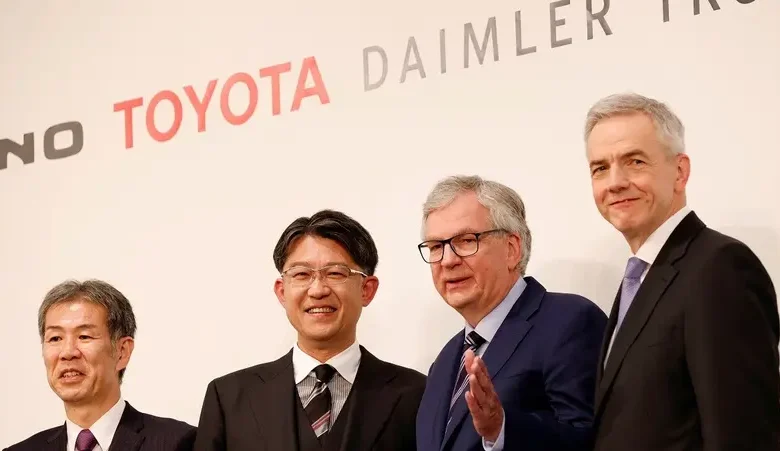
Toyota Motor Corp. and Daimler Truck have agreed to merge their truck manufacturing subsidiaries, Hino Motors Ltd. and Mitsubishi Fuso Truck & Bus, to boost margins and develop new technologies such as alternative fuels and autonomous driving.
The four companies signed a memorandum of understanding to bring Hino and Mitsubishi Fuso under a single company, jointly owned by Toyota and Daimler Truck, according to a statement on Tuesday. Combined, they would have about ¥2.2 trillion ($15.7 billion) in sales, based on results from their latest fiscal years, with a total of roughly 45,000 employees.
The holding company combining Hino and Mitsubishi Fuso could bring in new management expertise and help reduce purchasing costs and development. Hino Motors was caught in a scandal last year for misrepresenting years of emissions data during engine tests, making it a major headache for Toyota, which owns just over 50 percent of the truck and bus maker.
The deal could also give Daimler Truck the ability to tackle their margin improvement targets more aggressively, given that Mitsubishi Fuso’s earnings have been a drag on profitability.
With efforts to decarbonize compounded by safety issues and a dearth of truck drivers, “the situation surrounding this industry remains challenging,” Hino Chief Executive Officer Satoshi Ogiso told reporters on Tuesday. “I see this as a once-in-a-life opportunity.”
While no figures for the potential deal were announced, the companies plan to sign an agreement by March 2024, integrate the businesses by the end of the same year and eventually seek a listing in Japan.
“Toyota needed to stick Hino somewhere, but to choose Mitsubishi Fuso over Isuzu was unexpected,” said Seiji Sugiura, an analyst at Tokai Tokyo Research. “The decision itself came quickly and the choice of partner was a surprise.”
Toyota is also major shareholder of Isuzu Motor Co., which maintains a strategic alliance with Volvo, which in turn holds a joint venture with Daimler Truck. While the web of cooperation seems confusing, Toyota CEO Koji Sato said there will be no impact on Toyota’s relationship with Isuzu, nor will it affect the purpose or partnership of the forthcoming company formed between Hino and Mitsubishi Fuso.
“It’s a competitive industry and it’s difficult to do this alone, Sato said. “Including Isuzu, we will continue to work together with all of our partners.”





